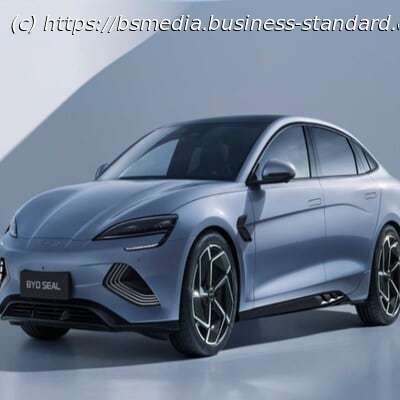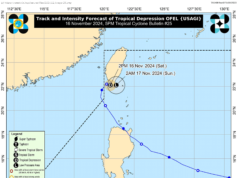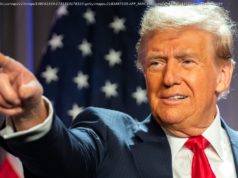China has threatened retaliation across agriculture, aviation and cars with large engines. Beijing has already launched an investigation into some types of European liquor.
The measures are “a speeding ticket aimed to slow China,” said Bill Russo, founder and chief executive officer of Shanghai-based advisory firm Automobility.
The European Union will impose additional tariffs on electric cars shipped from China starting next month, taking levies to as much as 48% in a move that further escalates trade tensions and adds to the cost of buying an EV.
The bloc formally notified carmakers including BYD, Geely and MG owner SAIC of the charges on battery-electric cars due to be implemented around July 4, the European Commission said, following an investigation of subsidies that started last year. China’s EV manufacturers have been pushing more aggressively into Europe amid a domestic price war and years of building a lead in the technology.
The individual duties vary depending on the level of cooperation with the probe, the EU said, and will hit SAIC Motor Corp. hardest. The state-owned company owns the British brand MG, whose mass-market models like the MG4 are among those leading the charge into Europe. SAIC’s tariffs are set to increase by 38.1% on top of the existing duty of 10%.
“The EU ignored the facts and WTO rules, ignored repeated strong objections from China, and ignored the appeals and dissuasions of many EU member states’ governments and industries,” China’s Ministry of Commerce said in a statement. Beijing will “take all necessary measures to firmly safeguard the legitimate rights and interests of Chinese companies.”
Aside from SAIC’s top rate, BYD will have to pay an additional 17.4% levy, and Geely — which owns Volvo Car AB — faces an extra 20% charge. While the probe targeted Chinese-owned EVs, Western carmakers including Tesla, BMW and Renault that produce in China and ship to the EU also face higher costs. Those cooperating with the probe are set for extra charges of 21% based on a weighted average.
The measures are “a speeding ticket aimed to slow China,” said Bill Russo, founder and chief executive officer of Shanghai-based advisory firm Automobility.






